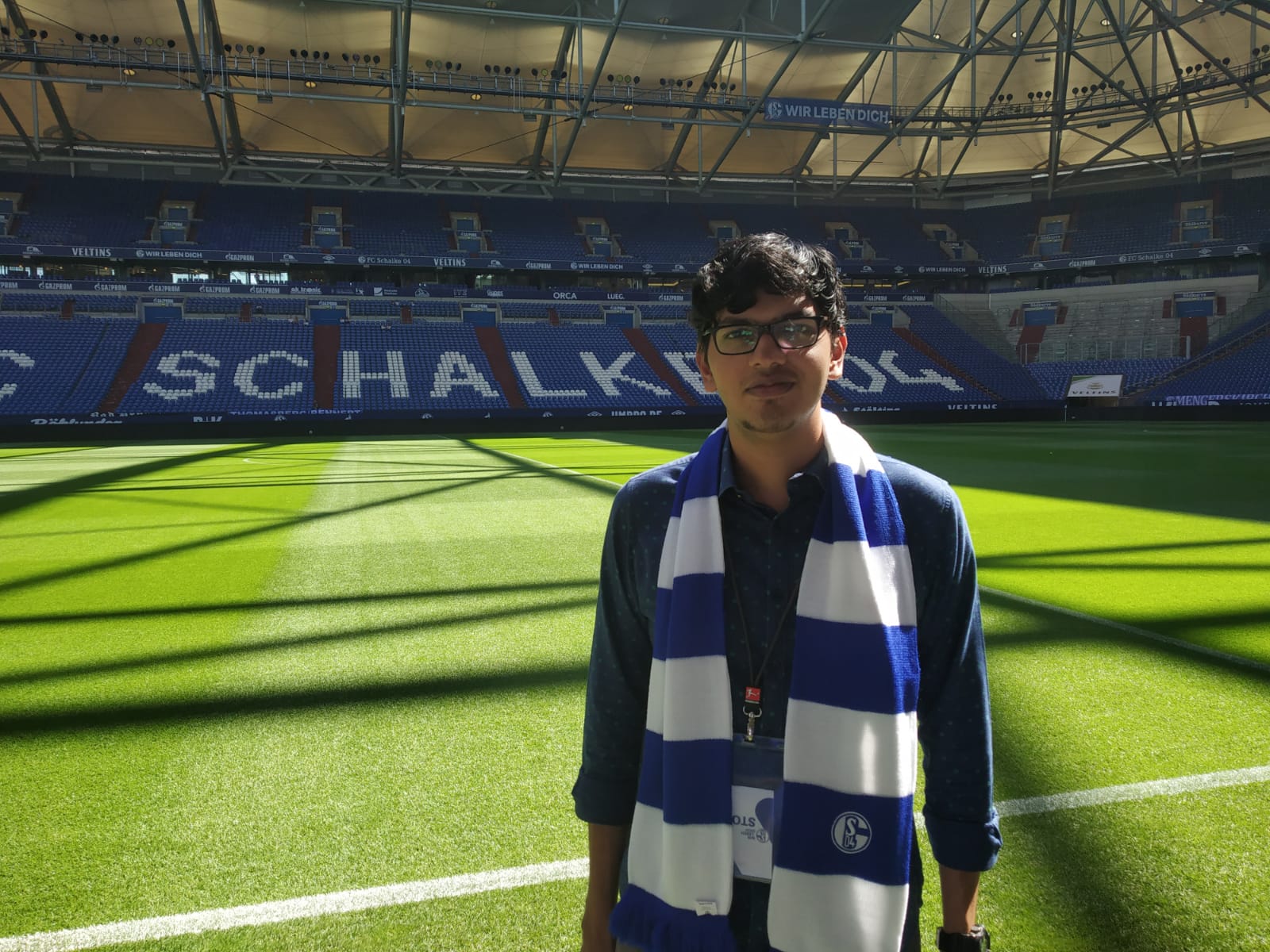Upsets, VAR, injury time: Big talking points from the group stage
The 2022 FIFA World Cup began a couple of weeks ago with off-field matters hogging the limelight, but riveting action in the group phase has ensured that football takes centre stage. A look at the talking points so far:
Upsets galore
This is the last 32-team World Cup, with the 2026 edition in the United States, Canada and Mexico expanding to 48 teams. Be that as it may, this edition in Qatar has offered a glowing endorsement of why the 32-team format works. With the gap between the teams seemingly narrowing, a string of upsets has kept everyone on tenterhooks. Japan stunned Germany and Spain to advance to the knockouts while Saudi Arabia defied all odds to upset Argentina. Brazil, Portugal and France suffered shock losses too, resulting in the first World Cup since 1994 where no team won all three group matches.
Asian teams punch above their weight
For the first time in the history of the World Cup, three teams from the Asian Football Confederation (AFC) — Japan, South Korea and Australia — have progressed to the knockout stage.
Even though Australia belong to Oceania and switched to Asia after 2006 for football purposes, this is still a significant achievement for Asia. It is fitting that these teams are making progress in what is only the second World Cup to be held in Asia. Japan, in particular, may have gone into the tournament with minimum expectations given they were pitted against two former world champions in the ‘Group of Death’. But their performances against the European powerhouses did not betray any inferiority. They went toe to toe with them, scripting similar second-half fightbacks from 1-0 down. South Korea, too, deserve credit for hanging in till stoppage time against Portugal, eventually conjuring up a 91st-minute winner to make the Round of 16 after a 12-year gap.
Make your peace with VAR
Countless times in this World Cup, a team has broken into celebration on scoring a goal only to find that a Video Assistant Referee (VAR) check has ruled it out. Conversely, VAR has also rightly interfered when a goal has initially been ruled out. In one of the most significant moments of this World Cup, Japan’s second goal against Spain was initially not given because the linesman ruled that the ball had gone out of play. But it is technology that seems to have the final say these days.
While you have to make peace with the spontaneity of a goal celebration losing its charm with the advent of VAR, there’s perhaps no room for blatant refereeing decisions adversely affecting the fortunes of a team at a tournament where the stakes are so high.
Messi, Ronaldo still a force to reckon with
Both Cristiano Ronaldo and Lionel Messi are playing in their fifth World Cup. Though they may no longer be the most important players at their respective clubs, they are still pulling strings at the international level. Ronaldo is 37 while Messi is 35. It is commendable then that they are still dribbling past players and scoring important goals for Portugal and Argentina respectively at the sport’s biggest spectacle. By scoring against Ghana, Ronaldo became the first player to score in five World Cups. Messi has already scored twice, converting a penalty against Saudi Arabia and letting that famous left foot rip for a goal from 25 yards out against the Mexicans. It means that their dream of winning the World Cup remains alive, the only piece of silverware missing from their glittering trophy cabinets.
No room for time-wasting
When Iran beat Wales 2-1, their two goals came in the 90+8th minute and 90+11th minute. Rather than being an anomaly, referees have been liberal with their adding of minutes in stoppage time on a routine basis in this tournament. In the group stage, referees added 563 minutes of stoppage time, which is nearly six matches of standard time. Simply put, they aren’t entertaining players purposely wasting minutes during normal time in an effort to protect a lead. Pierluigi Collina, chairman of the FIFA Referees Committee, made it clear that referees have been asked to be more precise with their calculation of stoppage time.
“People want to watch football, more football. And we have been asked to do something about it for years,” Collina said in an interview on FIFA’s website. “The matter of matches lasting for even less than 50 minutes of active time is something that comes from quite a long time ago. So already in Russia (2018 World Cup), we asked referees to calculate the stoppage time more accurately to be given at the end of each half. And this recommendation was reiterated here, before Qatar 2022. A repeating order to offer more active time played during a match.”
For all the latest Sports News Click Here
For the latest news and updates, follow us on Google News.

